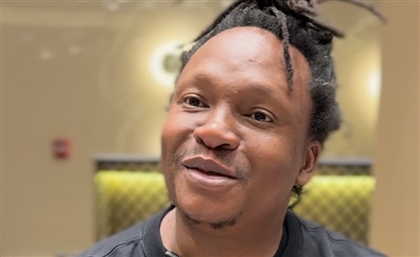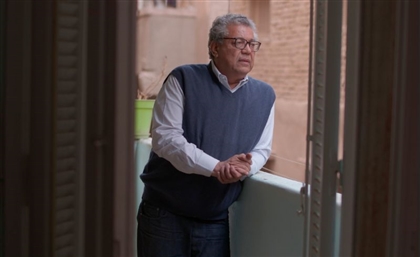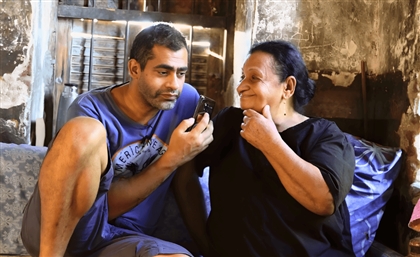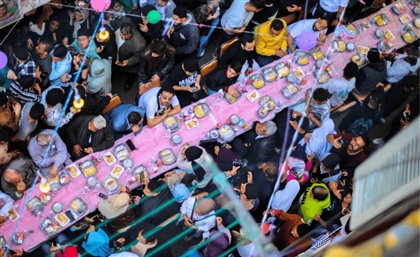WATCH: Bassam Mortada on Winning for Independent Cinema
CairoScene Managing Editor Farah Desouky speaks with filmmaker Bassam Mortada about the labour of creating Abo Zaabal 89.

When I first met Bassam Mortada after his feature documentary Abo Zaabal 89 (2024) had won three awards at the Cairo International Film Festival, I told him it felt like the good guys had won. He gave me a shy smile and said he was perplexed and surprised by that general sentiment because he was simply making a film.
Following the film’s selection, and its four sold-out screenings—two of which were added by the festival to meet audience demand—an energy of pride and personal victory swept through Egypt’s independent film scene. It felt as though everyone had won as if all their films had made it to the halls of the Cairo Opera House and Zamalek Cinema. That collective sentiment drew me and many others to the film. Beyond its technical aspects and production value, it was the story of the making of the film itself, and the story within it—a tale of two generations of left-wing alternatives, whether in the streets and squares or behind cameras.
In this interview, #CairoScene Managing Editor Farah Desouky speaks with filmmaker Bassam Mortada about the labour of creating Abo Zaabal 89, how it reconciled his relationship with his father, and how it became a living memory of his mother.
Bassam is the son of Mahmoud Mortada, an Egyptian socialist activist. In 1989, during Egypt’s Steel and Iron Company Strike, young Bassam—not yet a filmmaker or journalist—accompanied his mother to Abo Zaabal prison to visit his father, arrested from their family home just a day earlier. This visit left a lasting imprint on the family’s psyche.
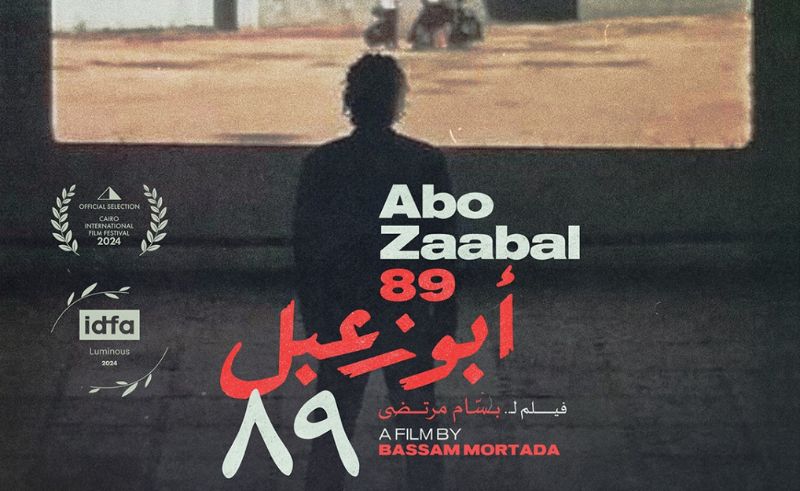
In Abo Zaabal 89, Bassam reconstructs and revisits this memory. Through conversations with his mother, Fardous, and his father, Mahmoud, the audience sits alongside Bassam as he explores how the arrest shaped their family. Visually weaving the personal with the political, the film delves into public archives and tells the intertwined stories of Mahmoud, Fardous, Bassam, and Bassam's friends, who also lost their parents to the same case in 1989.
- Previous Article BCG: UAE’s Net Wealth Reached USD 2.9 Trillion in 2023
- Next Article Inside Egypt’s Seven UNESCO World Heritage Sites







.jpeg)
